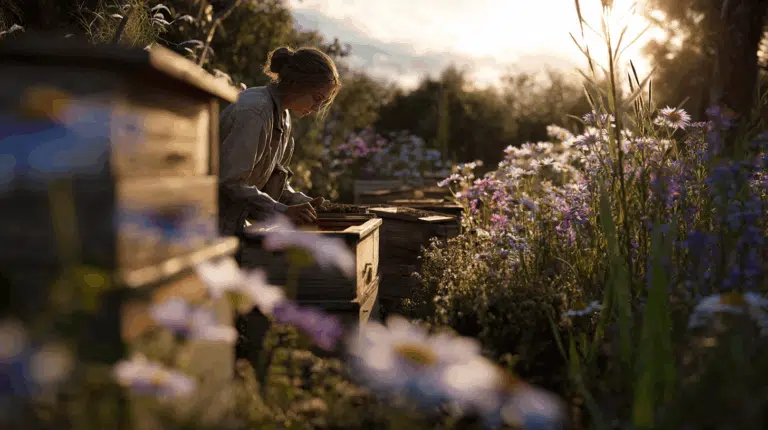Biennial plants complete their life cycle in two years: they grow in the first year, flower, and sow in the second.

Biennials produce early and abundant blooms and are often hardy, low-maintenance plants. Many varieties self-seed readily, ensuring a continuous supply of new plants.
Yes, there are several biennial flowers that make excellent cut flowers.
Examples of biennial cut flowers:
Diasnthus barbatus (Sweet William), Digitalis (Foxglove), Lunaria annua (Honest Honesty), Alcea rosea (Hollyhock), and Campanula medium (Medium-flowered Bellflower).
Some varieties can be sown in early spring, but they usually won't flower that same year. It's better to sow the seeds in summer for flowering the following year.
Most hardy species can overwinter outdoors. They then form a rosette of leaves to protect themselves from the cold.
In colder climates, it may be necessary to protect plants with a layer of mulch, such as straw or leaves. This helps insulate the roots from severe frost.
Bolting is a phenomenon in which a biennial plant begins flowering and producing seed in its first year. This can be caused by stress factors, such as extreme weather conditions.